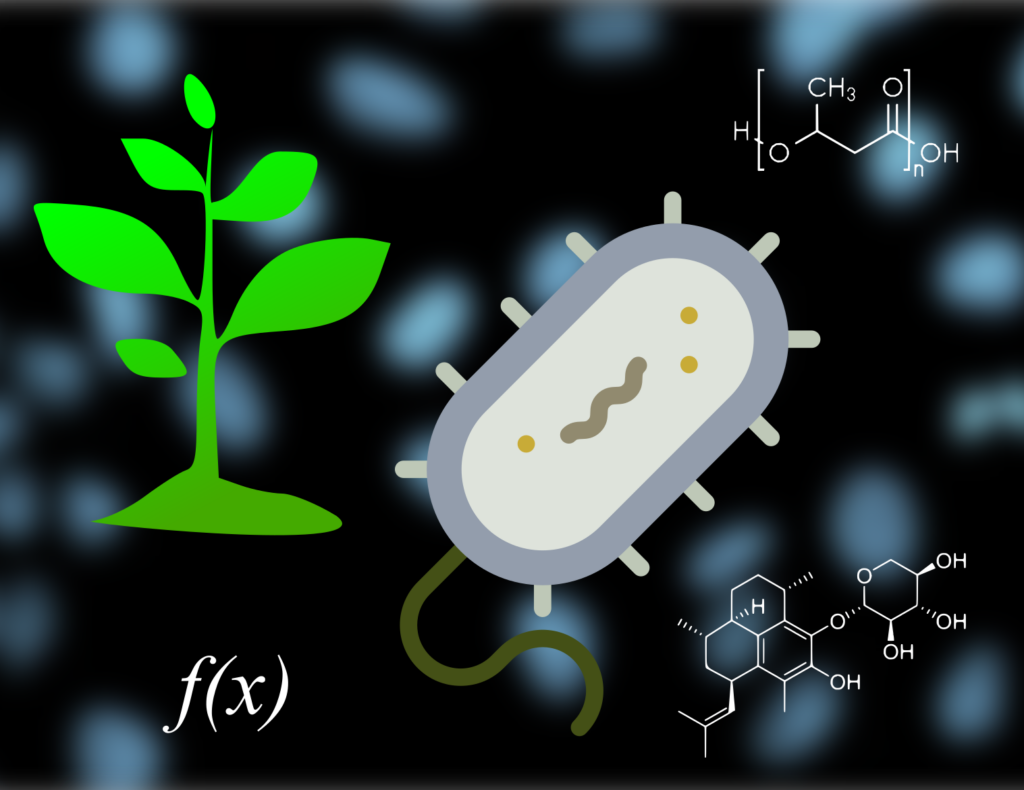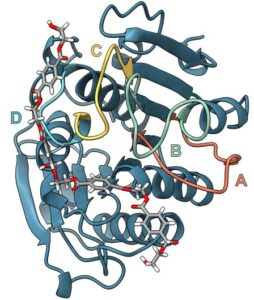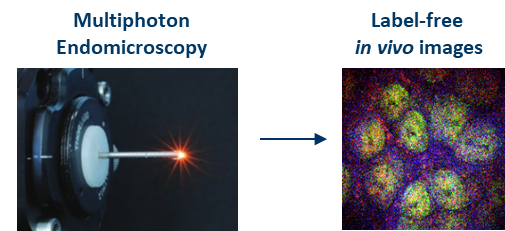Biotechnology
Biotechnology

Biotechnology is an interdisciplinary field of research with impact on medicine, biochemistry, environmental engineering, food and bioenergy. We try to harness the diversity of nature to meet current challenges, such as the transition to a sustainable production or the development of new materials. In addition, biotechnology will contribute to securing the food supply as well as health and well-being.
The production of valuable materials, fuels and food belong to the field of industrial or “white” biotechnology. Using renewable raw materials is crucial, especially to achieve climate targets. Sustainable raw materials mainly include plant components, waste streams and compounds synthesised from CO2 using renewable energy. Cells, enzymes and extracts serve as biotechnological “factories” that work under environmentally friendly conditions at low temperatures and without toxic additives.
Medical or “red biotechnology” combines process and medical technologies for applications for therapy and diagnostics. New active agents or vaccines are developed and produced on a large scale after successful validation. To achieve good production, innovative bioreactor systems with integrated in-line monitoring processes are needed. Likewise, new system technology developments find their way into tissue and organ diagnostics (e.g. digital pathology, biomechatronics) as well as applications in the generation of new bioartificial tissues for tissue replacement (so-called “tissue engineering”).
The purification of molecules from biotechnological production processes, both in the field of white and red biotechnology, is often an additional challenge (very complex mixtures, low concentrations, sensitive target molecules). This requires the development of customised downstream processes.
Methods (Scope)
Biotechnology methods are highly interdisciplinary. Molecular biology, analytics, engineering, bioinformatics, biosensors and modelling are all involved in the successful development of processes. In-depth knowledge of cell biology, genetic engineering and biophysics is necessary for an understanding of the biological system. The interaction of biologists with engineers results in robust biotechnological processes that are applicable on an industrial scale, but also on a microscopic scale (e.g. microfabrication, microfluidics, cell manipulation).
Highlights (Scientific scope)
Biotechnological developments include health, food, and materials. At the Department of Chemical and Biological Engineering, research on these important future topics in industrial and medical biotechnology include:
- Novel biocatalysts for the enzymatic recycling of plastic materials (Figure 1).
- CO2-free production of bio-plastics, biofuels and other materials through co-substrates.
- CO2 upgrading to biofuels for sustainable, decentralised energy supply.
- Opto-biomechatronics: combination of high-performance imaging and measurement techniques to survey cellular and tissue mechanics to elucidate structure-function relationships of diseases (Figure 2).
- New methods for cell and tissue diagnostics and manipulation, for research into disease models or the maturation of bioartificial tissues.

